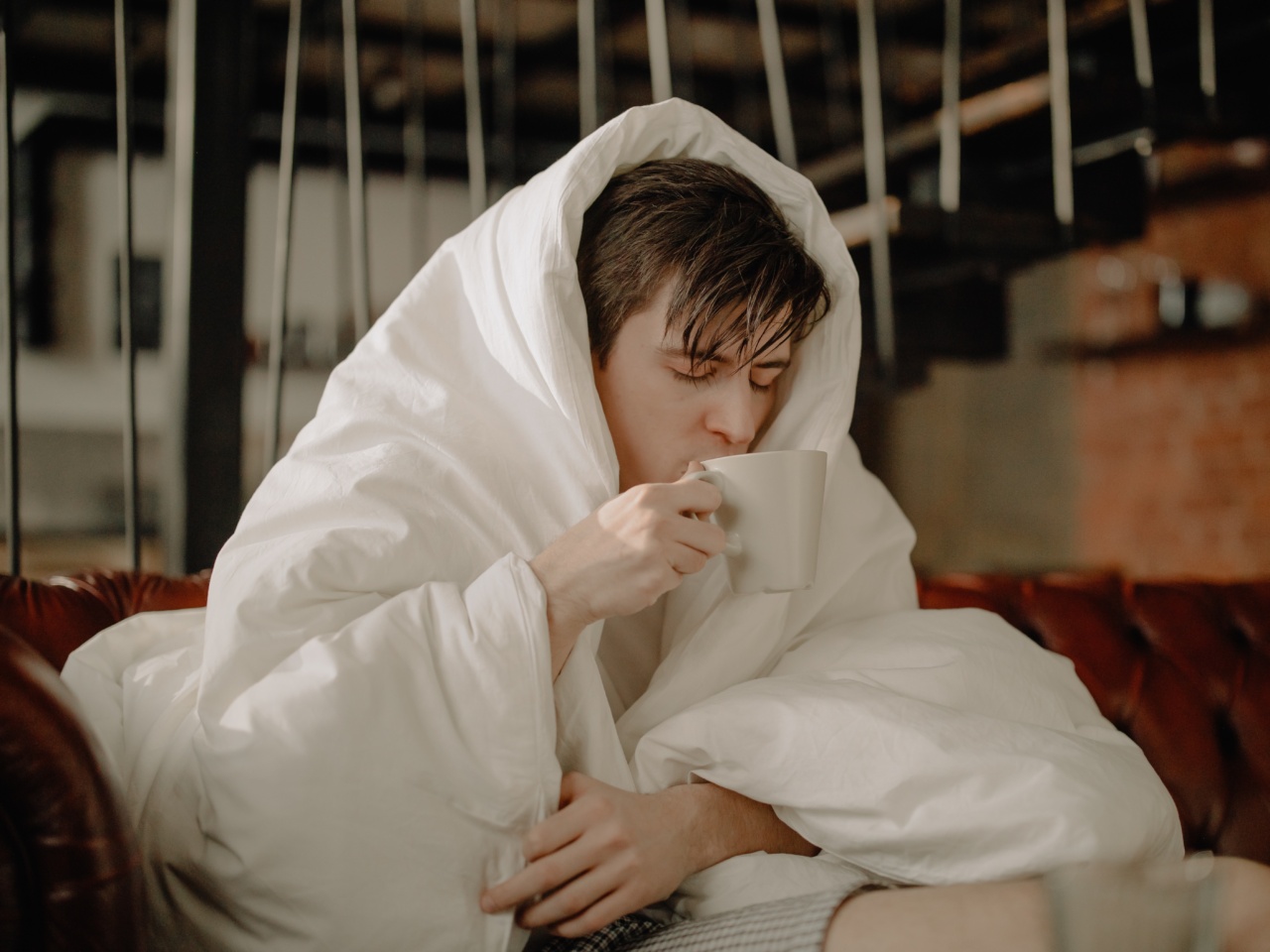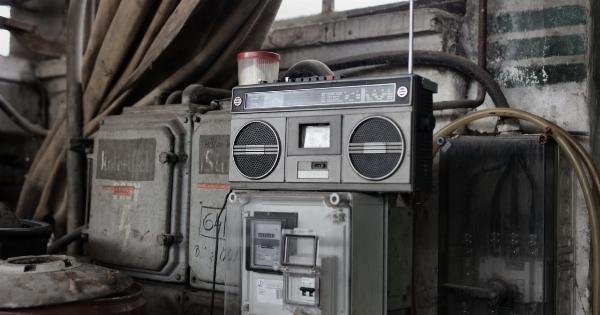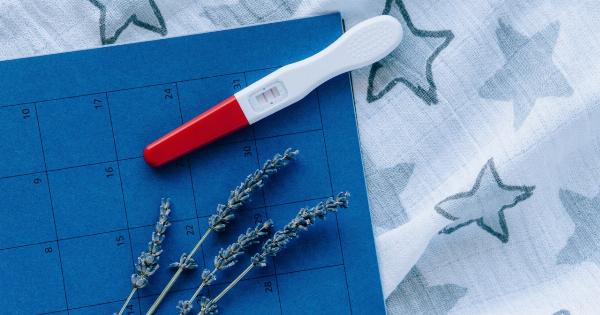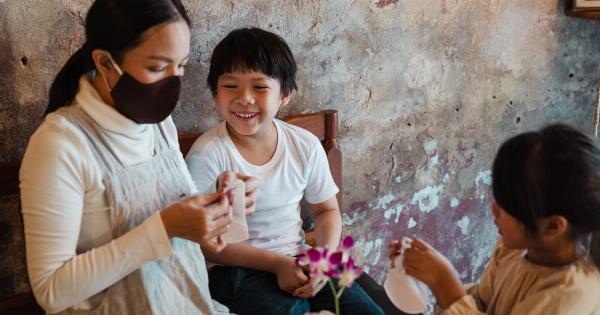Legionnaires’ Disease is a severe form of pneumonia caused by the Legionella bacteria. It is hidden in freshwater sources, including lakes, rivers, and hot tubs, and can multiply in the warm water conditions that typically happen in the summer.
Who is at Risk for Legionnaires’ Disease?
Anybody can get Legionnaires’ Disease. However, people with weakened immune systems, smokers, and individuals aged 50 or older are at a much higher risk of developing the disease.
How is Legionnaires’ Disease Contracted?
Legionella bacteria are contracted by inhaling droplets of water that contain the bacteria. Although it is not contracted by drinking contaminated water, the disease can be contracted by aspirating pre-contaminated water.
: Protect Yourself from Legionnaires’ Disease this Summer
1. Keep Your Water Sources Clean
To minimize the risk of Legionella bacteria, make sure your swimming pools, hot tubs, and other water sources are well-maintained. Pool and hot tub equipment should be appropriately cleaned before use.
You may also consider using filters to minimize the occurrence of foreign objects, including Legionella bacteria.
2. Avoid Hot Tubs in Public Spots
Public hot tubs are potential sources of Legionella bacteria, and you cannot be sure of how they were cleaned. Avoid using hot tubs in open public spaces, especially if there isn’t anyone in charge of maintaining them.
Instead, prefer using your hot tub at home where you can regulate the maintenance level.
3. Take Care of Your Immune System
People with weak immune systems are at high risk of contracting Legionnaires’ Disease. You can keep your immune system healthy by eating a balanced diet, getting enough sleep, and limiting alcohol intake.
4. Keep the Temperature of Your Water Above 140°F
Legionella bacteria prefer to grow in warm water, particularly when the temperature falls between 77°F and 108°F. Keeping the temperature of your water above 140°F will destroy Legionella bacteria, minimizing your risk of getting infected.
5. Be Cautious When Cleaning Your Humidifiers
Humidifiers are useful in adding moisture to the air in your house, especially during summer. However, you should be cautious when cleaning your humidifier. Make sure to follow the manufacturer’s instructions and clean the humidifier regularly.
6. Report Any Cases of Legionnaires’ Disease
If you contract and treat Legionnaires’ Disease, report the case to the relevant authorities so that they can act swiftly to prevent an outbreak.
7. Do Not Ignore the Symptoms
Symptoms of Legionnaires’ Disease are similar to those of many other respiratory tract infections and can be hard to distinguish.
However, if you start experiencing symptoms such as cough, shortness of breath, chest pain, fever, or muscle aches after being exposed to any water sources, seek medical attention as soon as possible.
8. Always Practice Good Hygiene
It would be best if you always practice good hygiene to reduce the spread of infections. This includes washing your hands regularly, especially after visiting public places.
You may also consider using hand sanitizer in places where you cannot wash your hands.
9. Know Your Risk Factors
Knowing your risk factors is crucial in avoiding Legionnaires’ Disease. If you are a smoker, have a weakened immune system, or aged 50 or older, you should be extra careful.
10. Run Your Shower Before Use
Legionella bacteria can survive in stagnant water at the bottom of showerheads for a long time. Running your showerhead before use, especially if the water has not been used for two weeks or more, will help flush out any potentially contaminated water.
Conclusion: Stay Safe During the Summer
Summer is filled with fun activities that may include water sources. However, it is crucial to stay vigilant to avoid becoming infected with Legionnaires’ Disease.
By following the tips listed above, you can protect yourself and your loved ones and ensure a fun summer.































